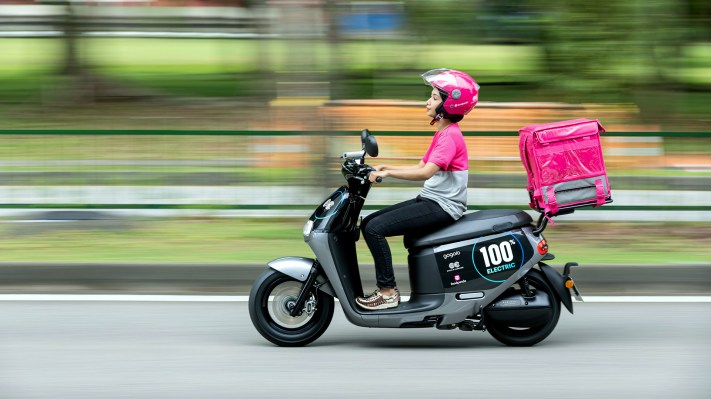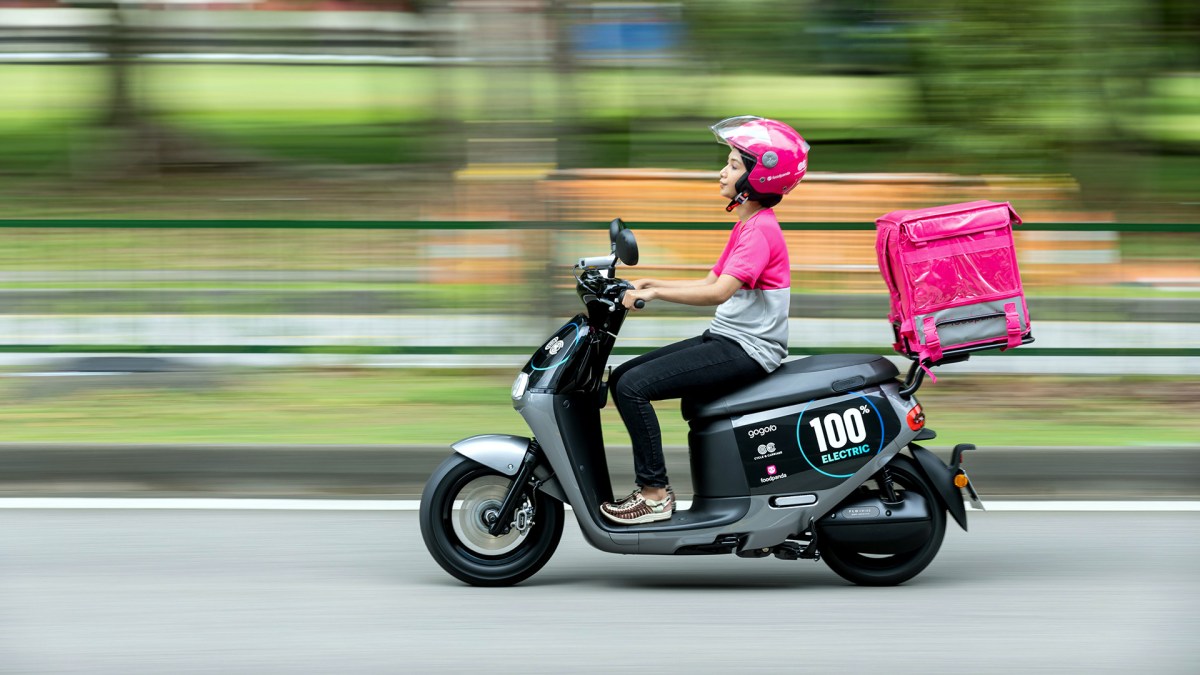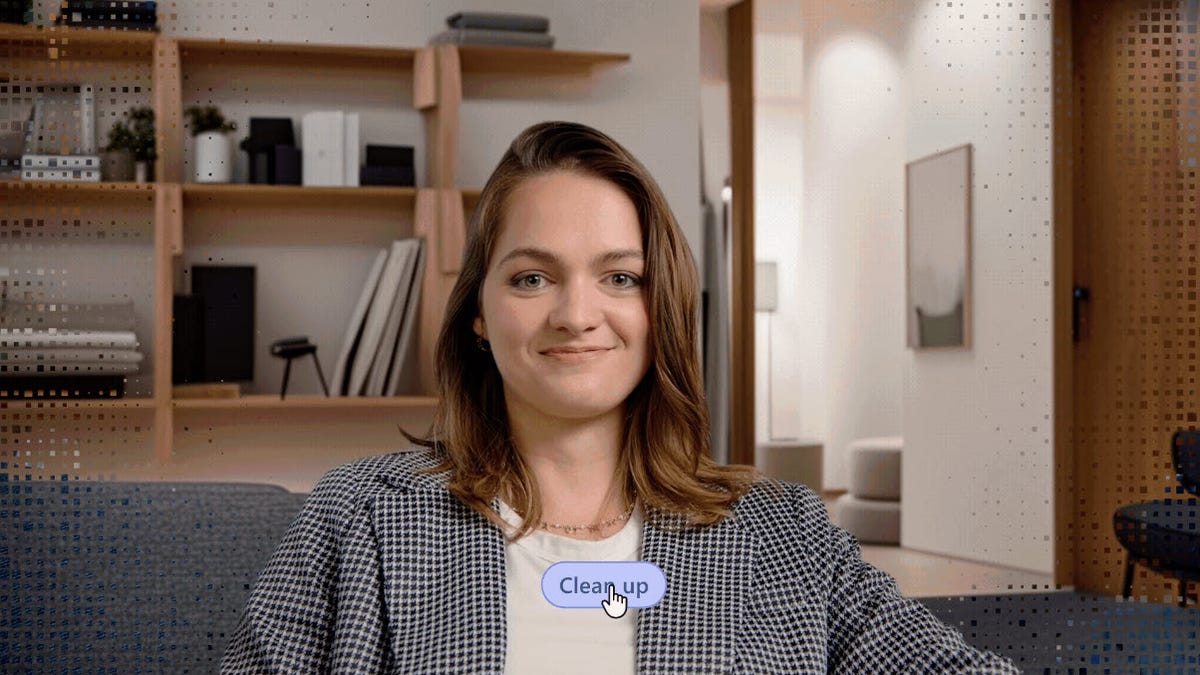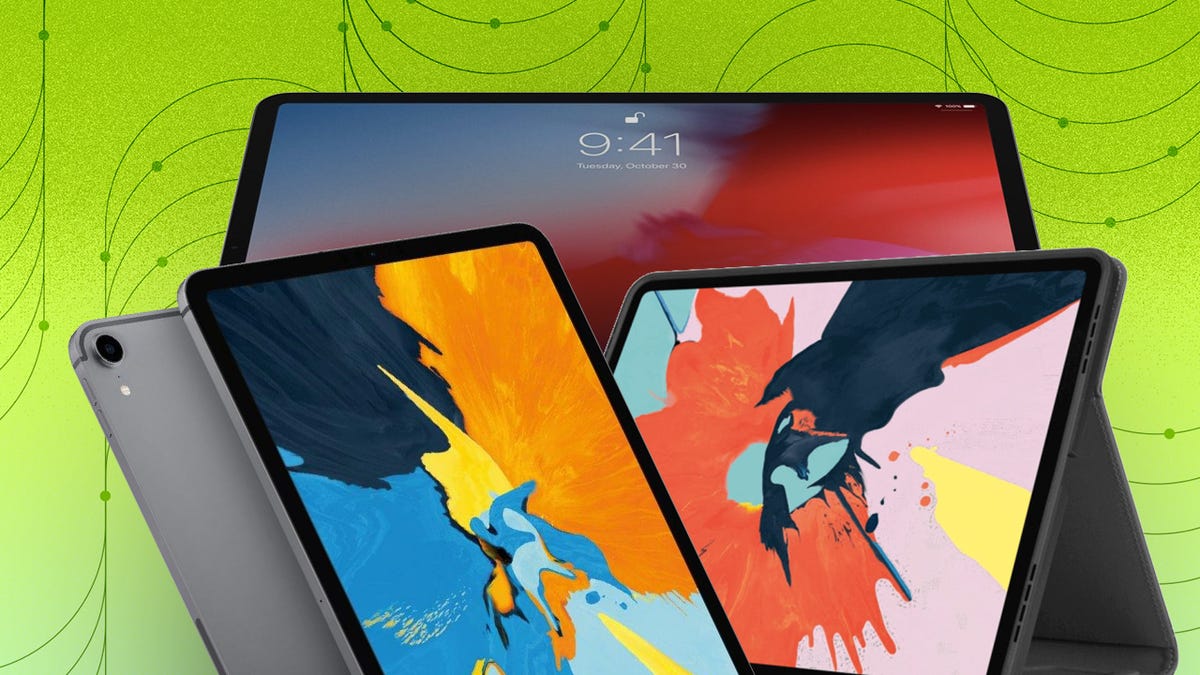Gogoro scales battery swapping to new markets via B2B partners

Taiwanese battery swapping giant Gogoro said Thursday it would expand into Singapore via a pilot with online grocery and food delivery platform Foodpanda.
The pilot is small-scale for now — only two battery swapping stations with 20 Gogoro-branded Smartscooters — but it is the latest in a string of B2B partnerships that Gogoro has tapped to enter new geographic markets.
When Gogoro went public last year via a merger with special purpose acquisition company Poema Global, CEO Horace Luke told TechCrunch that a big part of the company’s expansion strategy was partnering with local manufacturers to build electric two-wheelers with Gogoro’s swappable batteries. This would allow Gogoro’s core technology, the battery swapping infrastructure, to expand quicker outside of Taiwan by sidestepping the need to ship Gogoro-made Smartscooters.
In Taiwan, Gogoro had already partnered with OEMs like Yamaha, Suzuki, Aeon and PGO to build e-scooters with its batteries. Today, over 90% of Taiwan’s e-scooter sales are either Gogoro’s own Smartscooters or scooters built with its batteries. Over the last couple of years, Gogoro signed deals with Yadea and DCJ in China and Hero MotoCorp in India to build e-scooters for consumers in those markets. Aside from a handful of models from Yadea going around in China, the fruits of those OEM partnerships have yet to be realized. Hence the need for a more near-term expansion strategy.
“In the future, we want to work with local manufacturers and pursue the consumer market, but in terms of getting it off the ground and getting a network established, there’s been demand in the B2B market. They’ve approached us,” Jason Gordon, Gogoro’s VP of communications, told TechCrunch. “Our goal is to accelerate the transition to sustainable vehicles, so the fastest way we’ll get there is the path we’ll take.”
Aside from Singapore and its home base in Taiwan, Gogoro currently has B2B pilots either ongoing or launching in Indonesia, India, South Korea and the Philippines. In all of those markets, Gogoro is sending over its own Smartscooters from Taiwan, rather than waiting for local OEMs to build and ship their own scooter models. Gordon said shipping in scooters from Taiwan is a good way to prove the concept of the business model before pursuing a consumer push.
“For Gogoro, making an impact is the most important goal and launching our pilot with B2B deliveries makes sense for that,” Luke told TechCrunch. “Last-mile delivery riders travel six times as far as consumer riders, so these riders see the advantages that battery swapping can have on their business. B2B has been a growing segment for us in Taiwan as well. More than a quarter of all last-mile deliveries in Taiwan now use Gogoro battery swapping.”
Gogoro in Singapore
The partnership with Foodpanda in Singapore follows Gogoro’s announcement last September that the city-state’s Land Transport Authority (LTA) awarded it a sandbox pilot to deploy and validate battery swapping. Included in that announcement was a partnership with automotive group Cycle & Carriage to distribute Gogoro’s e-scooters in Singapore and operate and install battery swapping infrastructure there.
The Foodpanda pilot is live today, and involves C&C buying Gogoro 2 Series Smartscooters and leasing them to Foodpanda riders. The hope is that in the future, C&C will lease more scooters both to Foodpanda and to other B2B partners and riders. C&C will also service and maintain the scooters, which Gogoro says helps make the offering cost-comparable to motorcycles with internal combustion engines. Riders can swap out batteries at stations located at C&C’s service centers in the Alexandra and Ubi neighborhoods, with servicing available at the former location.
While the initial swapping stations will only be available for pilot participants, they’ll be located in public areas, no doubt with the goal of creating hype for swappable electric two-wheelers among other businesses and the general population.
The pilot is a hurdle that Gogoro needs to clear before it can get fully certified by the LTA and transition to commercial deployment, said Gordon.




